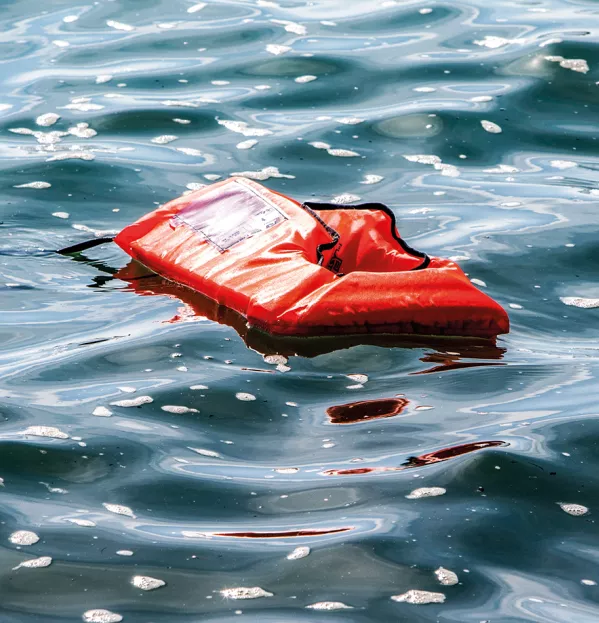The migrant tragedy shows we need to teach children about humanity

The news in late November of at least 27 people drowning in the English Channel shocks our nation. At the time of writing, 1,369 migrants have drowned in the Mediterranean Sea this year alone, but this news brings the issue home in the UK.
These victims are often faceless and nameless, and yet this tragedy is inscribed in “our” history. While our politicians engage with their French counterparts in difficult conversations in which they try to exonerate themselves from responsibility and guilt, these terrible events also bring into question the aims of education - and how we help young people try to make sense of it all.
We wonder what the classroom teacher will tell our children when they discuss news like this at school. Will the teacher engage in discussing the drowning of these people? Are our children deemed too young to engage in these heartbreaking discussions? And if this tragedy is mentioned, how will it be discussed?
Children will want to know who is letting such tragedies happen. Who is to blame? Our older son has - like many other young people, no doubt - asked us, “Can’t you do something? Can’t you tell ‘them’ ?”
Our way of “telling them” is to direct our attention to an educational issue that is concerning to us. Many educational discourses rotate around the issue of resilience and being the best possible human being, where the focus, from a very young age, is on “I can do it” and finding ways of being that are productive, self-reliant and non-dependent.
However, the death of these migrants puts this educational discourse into question. What if, instead, we in education start off from the position of acknowledging the limitations that diverse human beings have and consider the claims that are imposed upon us by living in a world of beings who are physically dependent on one another, and physically vulnerable to one another?
Whether we want to be or not, we are implicated in the lives of others - as others are implicated in our lives - because of our bodily being. There is vulnerability and precariousness in this acknowledgment, as we often forget that our lives are always in someone else’s hands. Our lives depend on people we may or may not know and may never even come to know. These are not necessarily relationships of love or even of care, but they may nevertheless constitute obligations toward others, most of whom we cannot name and do not know.
In our schools, then, alongside the discourse of resilience, is there an opportunity to increase our awareness of how vulnerable and dependent we all are? Kindness and thoughtfulness are encouraged in schools, but a discourse of vulnerability and dependence calls us to take this further, so that children and adults can become more aware of the obligations that we have towards each other.
This will not have a direct impact on the lives of migrants but it may make a difference to the way in which we think about ourselves, as well as the migrants - that is, as beings who are vulnerable and precarious. In some way, it would enable us all, including children, to develop an increased awareness of the humanness of every single person.
If the recent tragedy is brought up in class by a child, the teacher can support them by gaining an awareness of what the child knows and understands about it. Depending on the developmental level of the child, it would help if the teacher reassures the child that there are grown-ups who are trying hard to make things better, possibly also mentioning advocacy groups. If the child wants to take action, the teacher could support the child or class to write or draw their views and send them to the relevant representatives, be these the pupil council in school, youth representatives in Parliament, local councillors or others.
We would like to end by inviting teachers to listen to this poem by Dave Pitt about speaking to pupils about the death of those 27 people: bit.ly/DavePittPoem. It was recorded for the 2021 conference of the International Professional Development Association and, if you’re struggling to know where to start when dealing with such a difficult subject, it might just help you.
Duncan Mercieca and Daniela Mercieca are lecturers at the University of Dundee’s school of education and social work
You need a Tes subscription to read this article
Subscribe now to read this article and get other subscriber-only content:
- Unlimited access to all Tes magazine content
- Exclusive subscriber-only stories
- Award-winning email newsletters
Already a subscriber? Log in
You need a subscription to read this article
Subscribe now to read this article and get other subscriber-only content, including:
- Unlimited access to all Tes magazine content
- Exclusive subscriber-only stories
- Award-winning email newsletters
topics in this article



